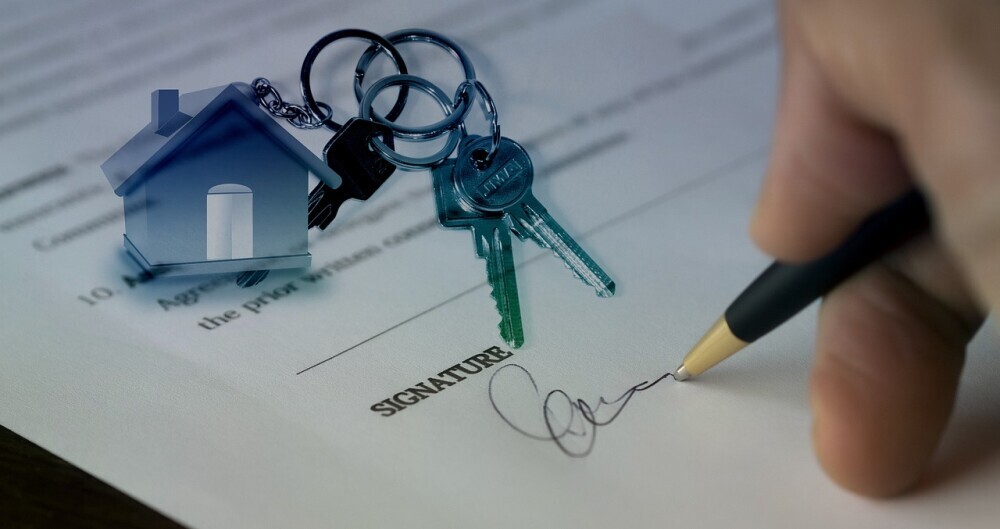
Sustainable Property Asset Management: A Guide to a Greener Future
In today’s world, sustainability has become a key concern for businesses and individuals alike. The property industry is no exception. By adopting sustainable practices, property asset managers can not only reduce their environmental impact but also enhance their properties’ value and attract eco-conscious tenants and investors.
The Importance of Sustainability in Property Asset Management
Why Sustainability Matters:
- Enhanced Property Value: Sustainable properties are often more attractive to tenants and buyers, leading to higher rental and sale prices.
- Reduced Operating Costs: Energy-efficient practices can significantly lower utility bills.
- Improved Tenant Satisfaction: Sustainable buildings offer healthier and more comfortable living or working environments.
- Regulatory Compliance: Adhering to environmental regulations can help avoid penalties and fines.
- Positive Brand Reputation: Demonstrating a commitment to sustainability can enhance a company’s brand image.
Energy-Efficient Solutions
- Energy Audits: Conduct regular energy audits to identify areas for improvement.
- Energy-Efficient Appliances: Upgrade to energy-efficient appliances and lighting systems.
- Building Insulation: Improve insulation to reduce heat loss and gain.
- Renewable Energy: Explore solar, wind, or geothermal energy sources.
- Smart Thermostats: Use smart thermostats to optimize heating and cooling systems.
Waste Management Strategies
- Waste Reduction: Implement waste reduction strategies, such as composting and recycling programs.
- Efficient Waste Collection: Optimize waste collection routes and schedules.
- Waste Segregation: Encourage tenants to separate waste into different categories for recycling.
- Green Cleaning Products: Use eco-friendly cleaning products to reduce chemical pollution.
Water Conservation Techniques
- Water-Efficient Fixtures: Install low-flow faucets, showerheads, and toilets.
- Landscape Design: Choose drought-tolerant plants and efficient irrigation systems.
- Water Metering: Implement water metering to monitor usage and identify leaks.
- Water Recycling: Consider rainwater harvesting and greywater recycling systems.
Leveraging Smart Technology
- IoT Devices: Utilize IoT devices to monitor energy consumption, water usage, and indoor air quality.
- Smart Building Systems: Implement smart building systems to automate lighting, heating, and cooling.
- Predictive Maintenance: Use AI and machine learning to predict equipment failures and schedule preventive maintenance.
The Future of Sustainable Property Management
The future of sustainable property management lies in innovation and collaboration. By embracing emerging technologies and partnering with like-minded organizations, property managers can drive positive change. Some key trends to watch include:
- Green Building Certifications: Pursuing certifications like LEED or BREEAM to validate sustainability efforts.
- Circular Economy Principles: Adopting circular economy practices to minimize waste and maximize resource efficiency.
- Biophilic Design: Incorporating natural elements into buildings to enhance occupant well-being.
- Electric Vehicles and Charging Infrastructure: Providing charging stations for electric vehicles.
By prioritizing sustainability, property asset managers can create more resilient, efficient, and environmentally friendly buildings.
If you would like to discuss any aspects of property management do not hesitate to Call Alan on 07539141257 or 03332241257, or +447539141257 or +443332241257, you can schedule a call with Alan on https://calendly .com/alanje or drop an email to alan@alpusgroup.com.